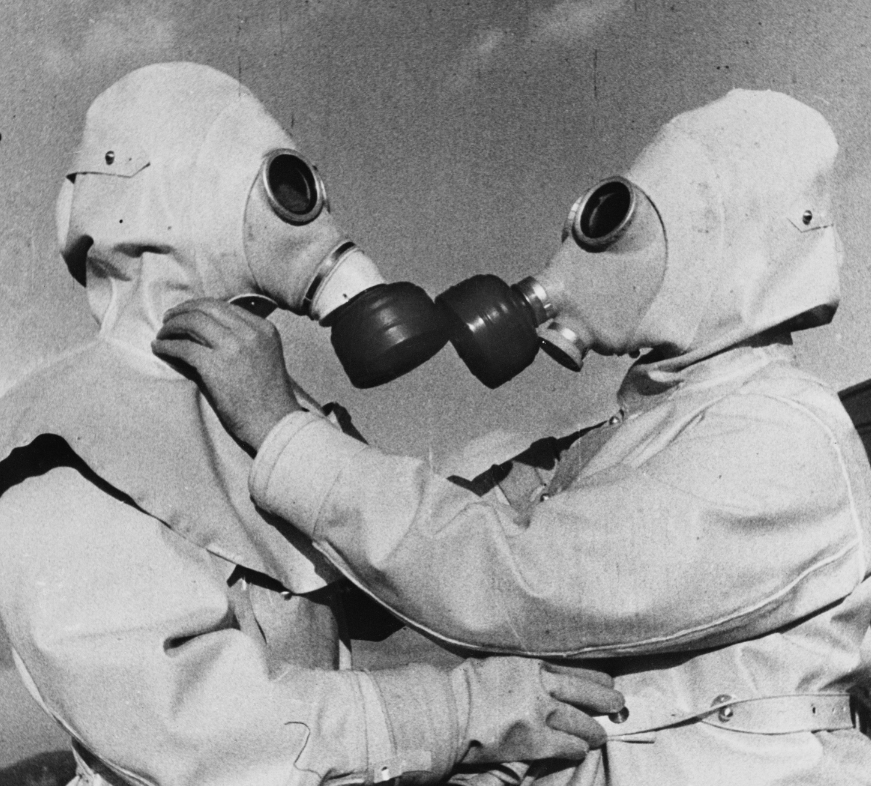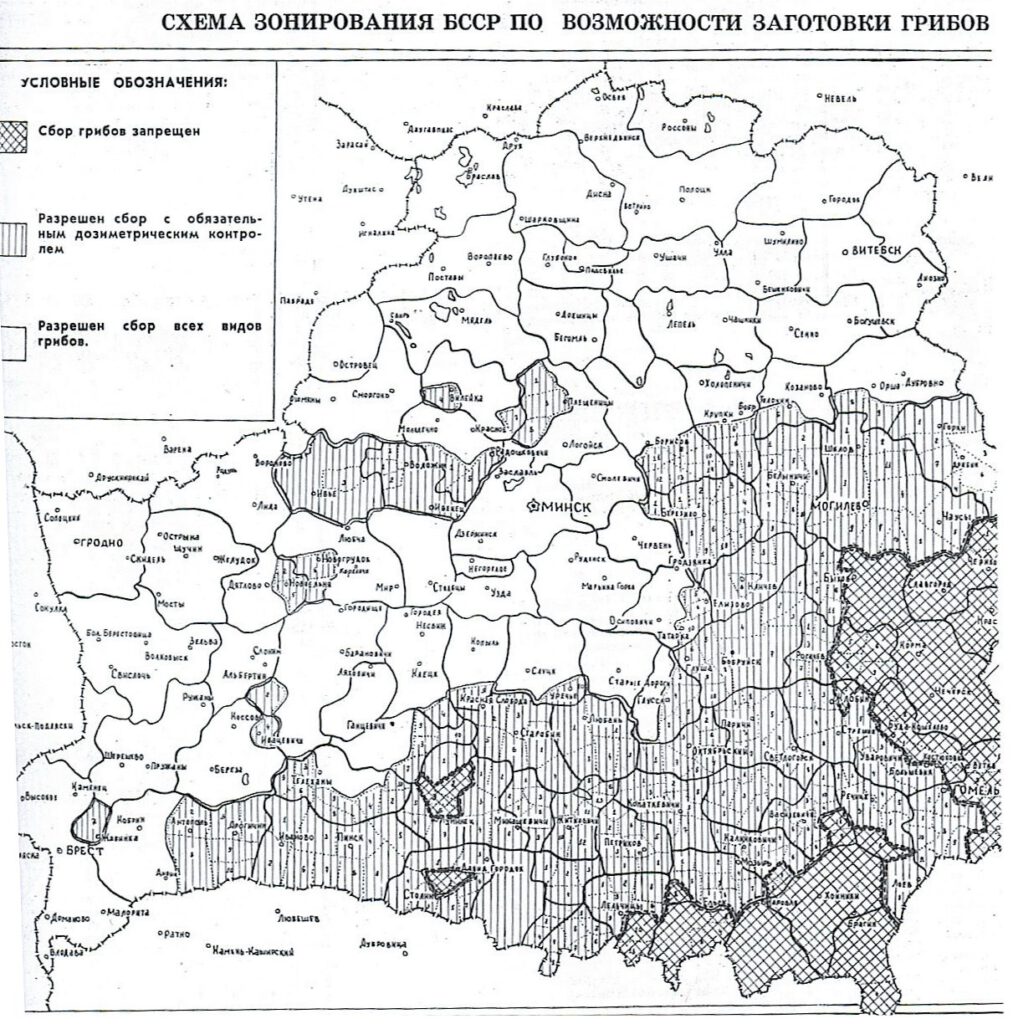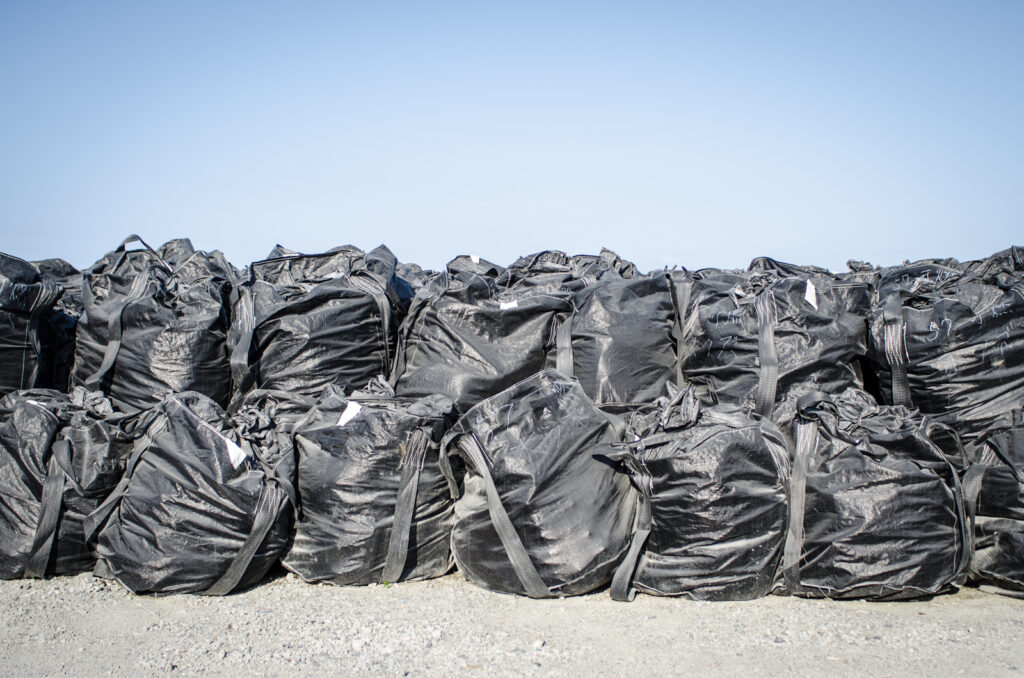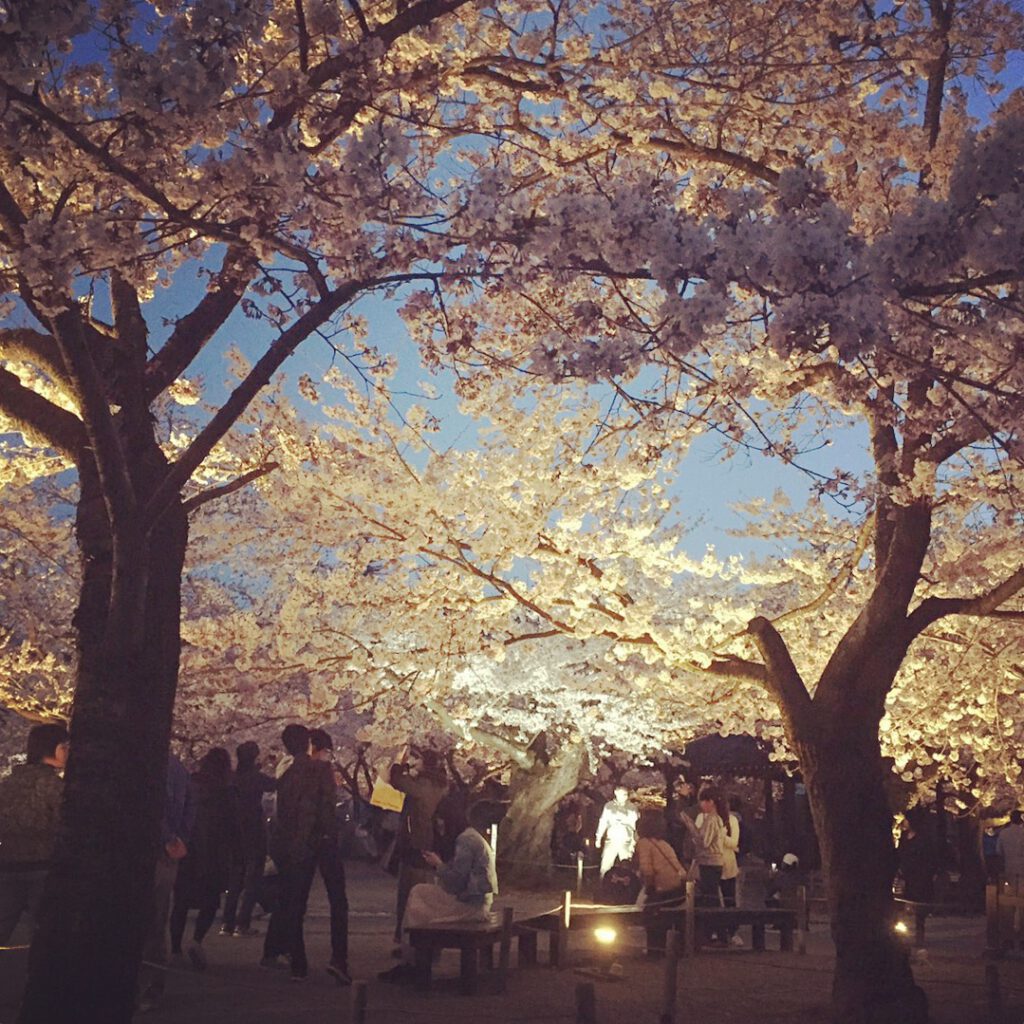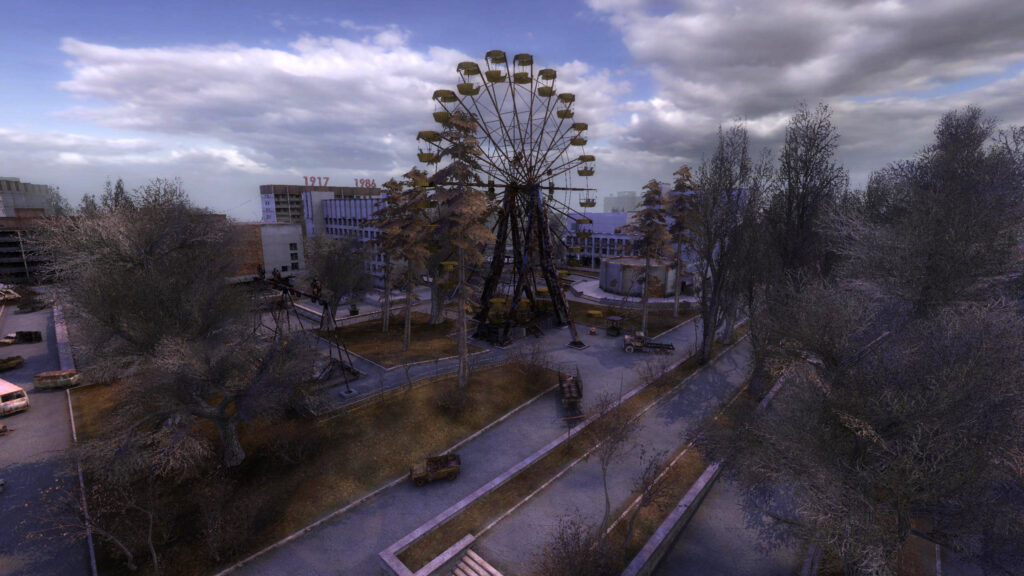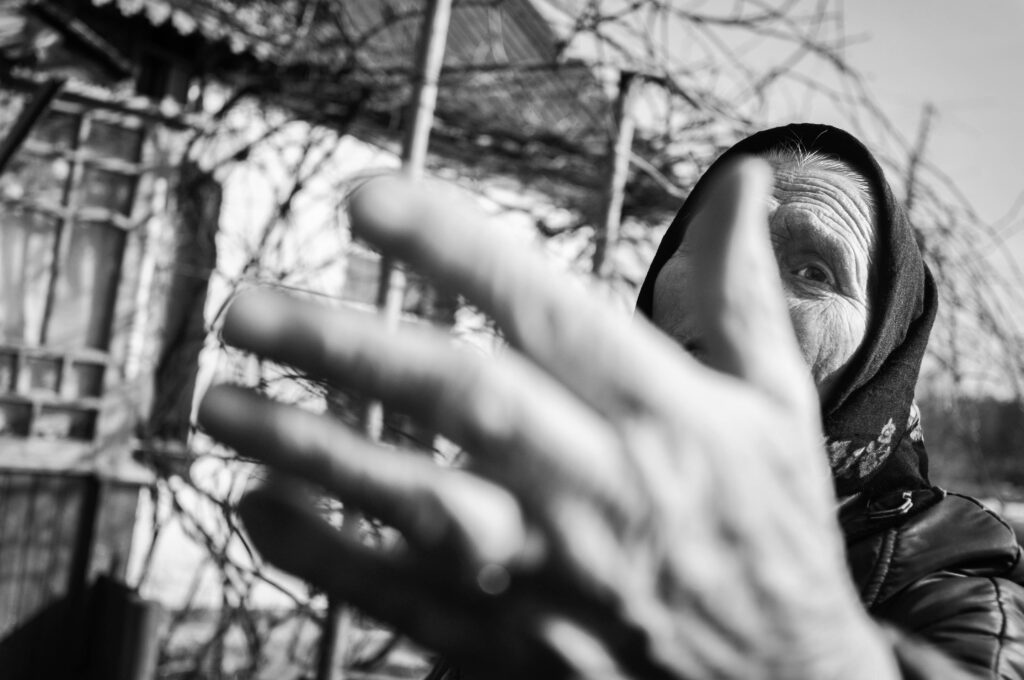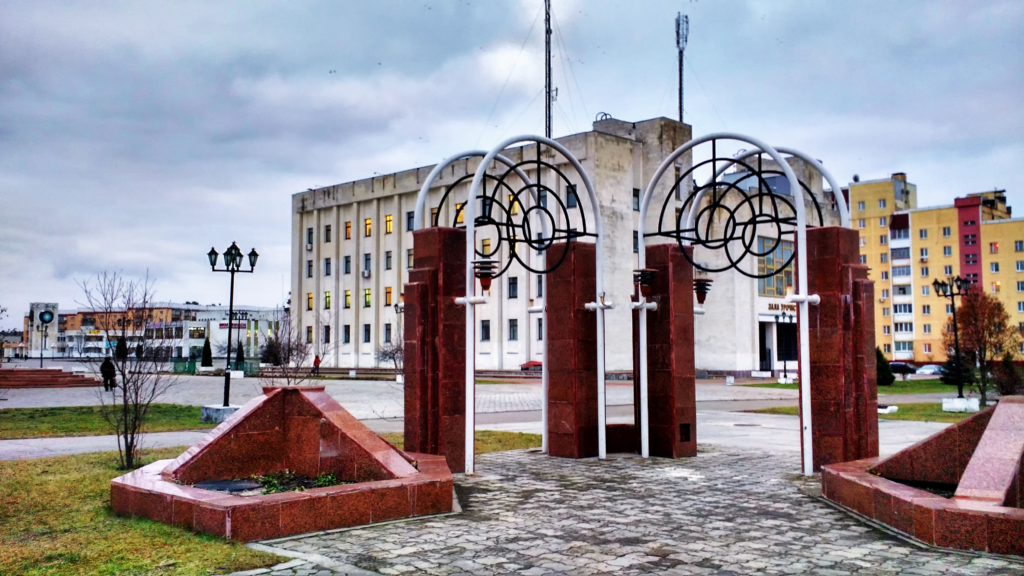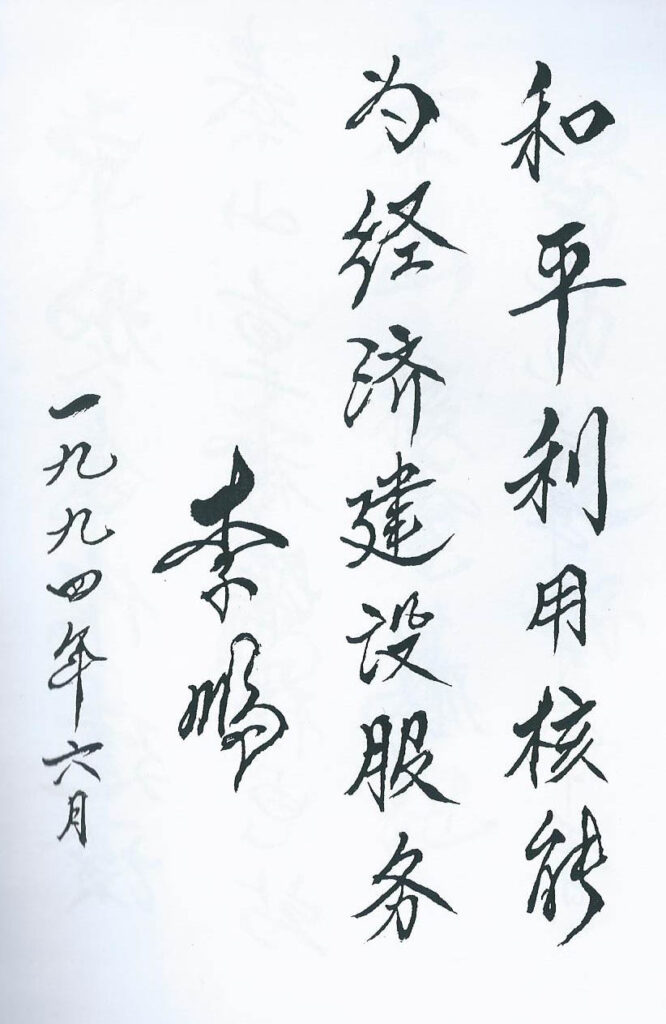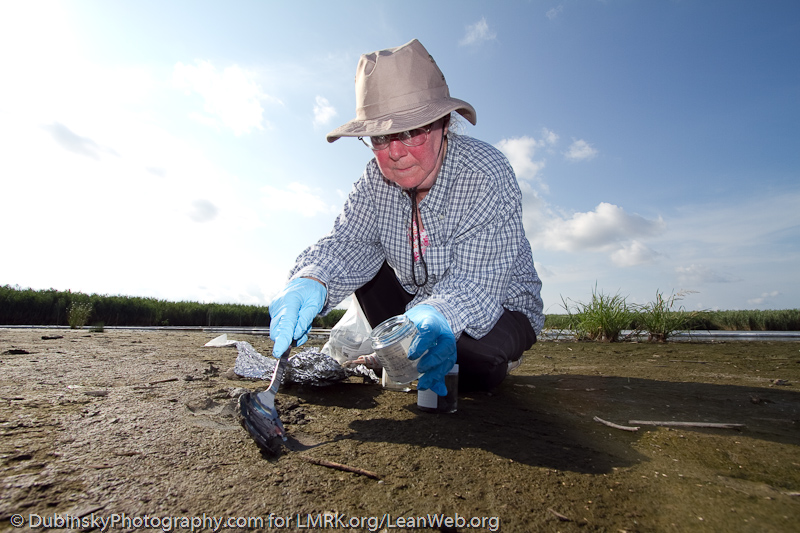Field Notes from a Nuclear Nerd
Professor Gabrielle Hecht is based at the Department of History at the University of Michigan, where she has also directed the Program in Science, Technology, and Society. She has authored several award winning books about ‘nuclear things’. My obsession with nuclear things began as a teenager. In 1978, my family moved to Zurich, where for […]
